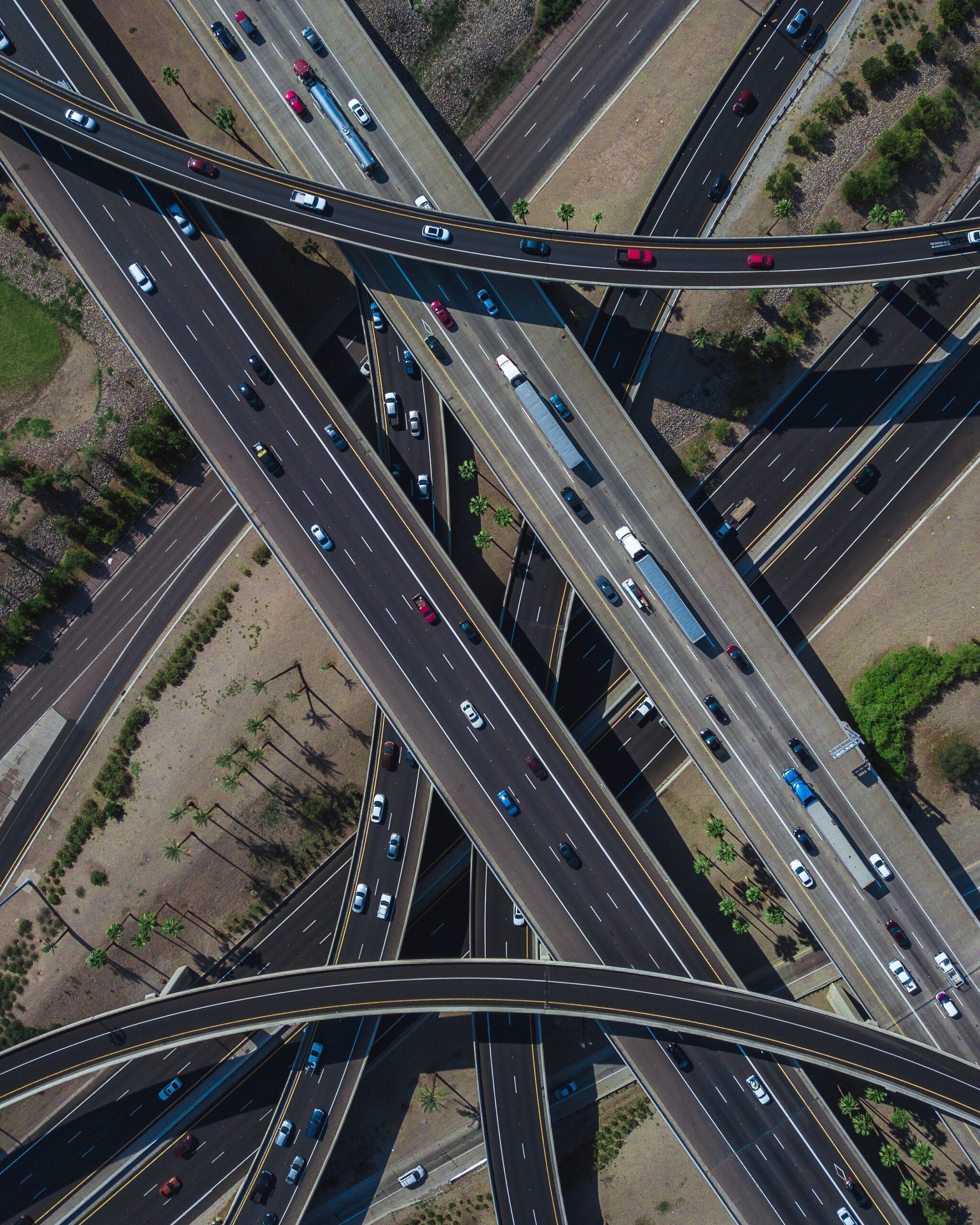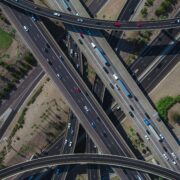
AFTER a better than expected jobs report and lower unemployment rate (4.6%) last Friday, November 5 — coupled with a very encouraging news about the continuing rise of vaccination rates in the United States (now at 77% as of mid-October) — we now have more reasons to be thankful for and look forward to.
A bipartisan infrastructure bill we thought would never happen has passed!
Late Friday, November 5, 13 Republicans joined 215 Democrats in support of the legislation, the National Public Radio (NPR) reported.
“After months of tense negotiations, the House of Representatives has passed a $1 trillion bipartisan infrastructure bill, 228-206, fulfilling a major priority for President Biden’s domestic agenda,” the report stated.
Indeed this is long overdue. We have been left behind by other industrialized nations and we urgently need to be competitive in the 21st century in facing the ever-changing landscape of our global challenges that affect not only us in America, but the whole world.
Our bridges, roads and railways are antiquated; our airports and seaports are old and worn out; our public transit system pales in comparison with other nations, making us depend more on private vehicles that lead to more traffic congestion, gas dependency, and pollution; our broadband internet access has yet to benefit so many remote counties around the nation; our health and safety have been compromised by our own abuse of our ecosystem, threatening our water and food supply, and the sustainability of life in our planet as we know it.
As the White House website explained:
President Biden’s Bipartisan Infrastructure Deal passed by Congress will strengthen our nation’s resilience to extreme weather and climate change while reducing greenhouse gas emissions, expanding access to clean drinking water, building up a clean power grid, and more. When coupled with the Build Back Better Framework, these historic investments will help reduce our emissions by well over one gigaton this decade – ensuring we meet President Biden’s commitment to reduce U.S. emissions by 50-52% from 2005 levels in 2030, create a 100% carbon pollution-free power sector by 2035, and achieve a net-zero economy by 2050. Together, these once-in-a-generation investments will unlock the full potential of a clean energy economy that combats climate change, advances environmental justice, and creates good-paying, union jobs.
The Build Back Better spending package originally had a price tag of $3.5 trillion, the NPR reported. But with strong opposition from Republicans and some Democrats, the bill had to be trimmed down, choosing priority and urgent projects to keep the bill alive.
According to the NPR report, “the slimmed-down spending package includes universal pre-K for all 3- and 4-year-olds, investments in affordable housing, premium reductions under the Affordable Care Act, major investments aimed at addressing climate change and an additional year of the expanded child tax credit.”
Here’s a closer look at what’s in the infrastructure bill that now heads to Biden’s desk for his signature:
Transportation
Roads, bridges, major projects: $110 billion
Passenger and freight rail: $66 billion
Public transit: $39 billion
Airports: $25 billion
Port infrastructure: $17 billion
Transportation safety programs: $11 billion
Electric vehicles: $7.5 billion
Zero and low-emission buses and ferries: $7.5 billion
Revitalization of communities: $1 billion
Other infrastructure
Broadband internet: $65 billion
Power infrastructure: $73 billion
Clean drinking water: $55 billion
Resilience and Western water storage: $50 billion
Removal of pollution from water and soil: $21 billion
How do we pay for this investment in our future?
There are already public funds allocated for infrastructure. The NPR report said “that includes nearly $550 billion in new spending above what Congress was already planning to allocate for infrastructure over the next eight years.”
“The plan will be financed in a number of ways, including repurposing unspent emergency relief funds from the COVID-19 pandemic and strengthening tax enforcement for cryptocurrencies. The CBO has predicted the bill will add about $256 billion to projected deficits over the next 10 years,” the report added.
With other spending bills to invest in our future and in ordinary hardworking Americans, the White House and Democrats are pushing to tax the billionaires their equitable share after growing in wealth exponentially even and because of the pandemic, as the basic and essential needs of ordinary families are threatened and compromised.
So far, the Biden Administration have delivered on its promise to work on priorities to help our nation build back better. Actions to control the COVID-19 pandemic, provide economic relief, and now tackle climate change – these are all work in progress. We have to see more action to the promise “to advance racial equity and civil rights, as well as immediate actions to reform our immigration system and restore America’s standing in the world”.
We will get there. We are on the right path. The future is brighter. We all should work together, not just the government. We can do this.
* * *
The opinions, beliefs and viewpoints expressed by the author do not necessarily reflect the opinions, beliefs and viewpoints of the Asian Journal, its management, editorial board and staff.
* * *
Gel Santos Relos has been in news, talk, public service and educational broadcasting since 1989 with ABS-CBN and is now serving the Filipino audience using different platforms, including digital broadcasting, and print, and is working on a new public service program for the community. You may contact her through email at gelrelos@icloud.com, or send her a message via Facebook at Facebook.com/Gel.Santos.Relos.






